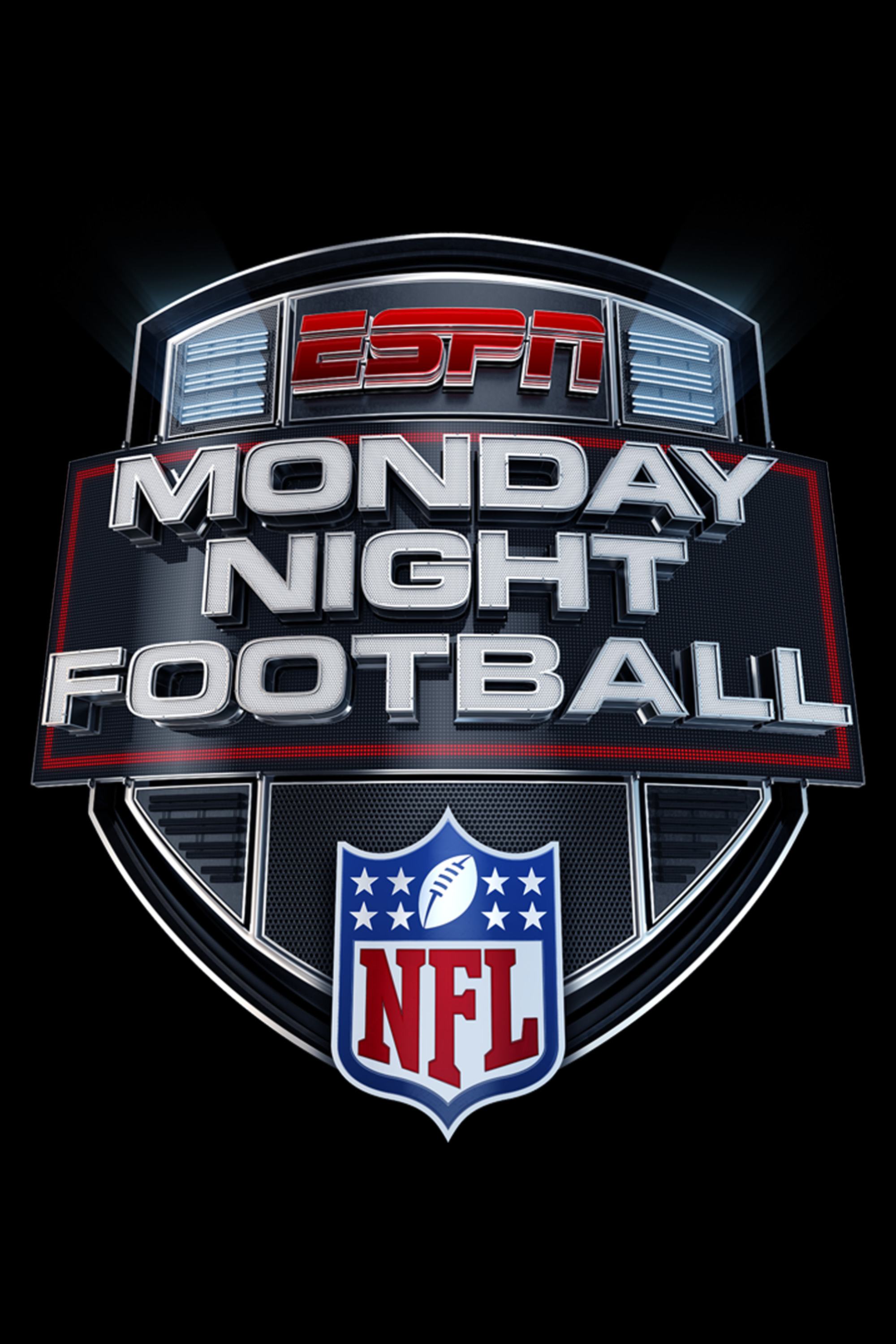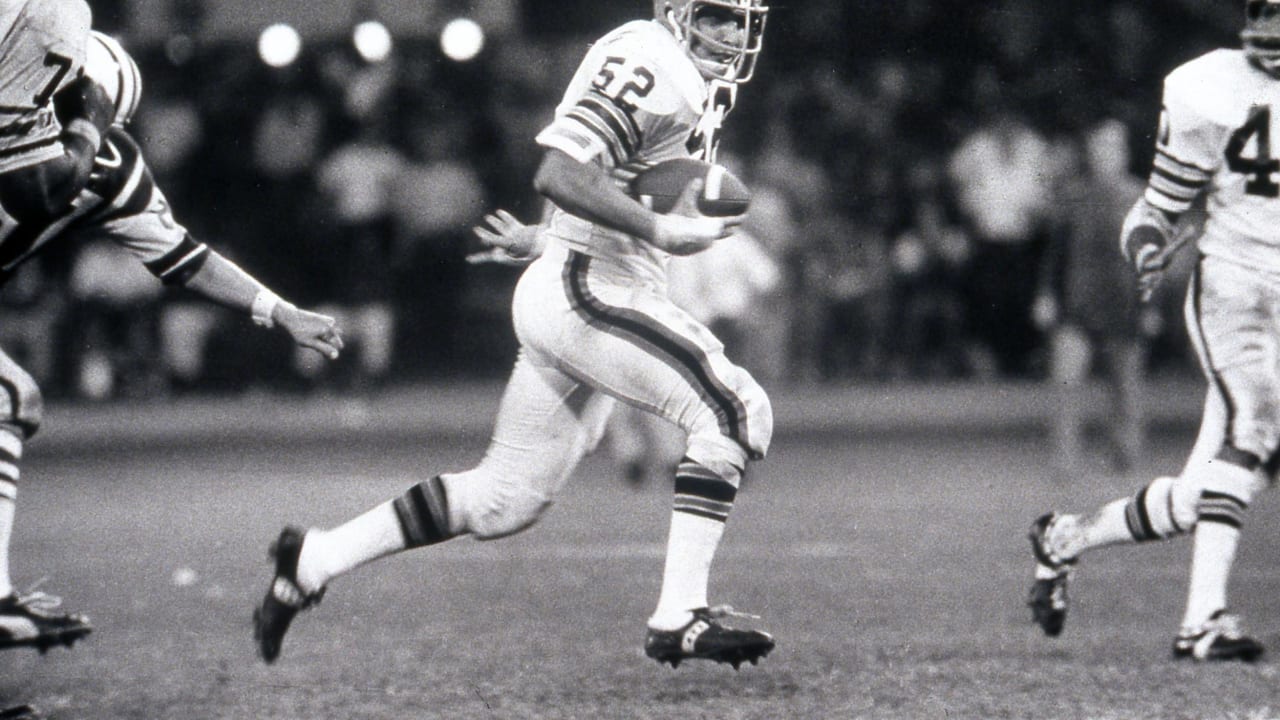Monday Night Football has been a cornerstone of American television for decades, captivating audiences with its thrilling matchups and primetime drama. Since its debut, this iconic event has reshaped the way fans experience professional football. By bringing games into the living rooms of millions each week, it has transcended the boundaries of sports to become a cherished weekly ritual. For countless enthusiasts, Monday Night Football is not merely a game—it's an essential part of the week.
The inception of Monday Night Football marked a transformative moment in sports broadcasting history. This groundbreaking concept was born out of a desire to broaden NFL viewership beyond the conventional Sunday afternoon slots. It wasn’t just about adding another game day but crafting a unique entertainment experience that would attract both die-hard fans and casual viewers. This article delves into the complete history of Monday Night Football, tracing its journey from its modest origins to its current status as a cultural institution.
In this comprehensive exploration, we will examine the evolution of Monday Night Football, highlighting pivotal moments, influential figures, and its profound impact on the sports industry. By the conclusion of this piece, you will gain a deeper appreciation for how this beloved tradition came to be and why it continues to hold such significance today. Let’s begin!
Read also:The Untold Story Of Crystal Lust A Life Of Passion Impact And Legacy
Table of Contents
- Origins of Monday Night Football
- The Early Years of Monday Night Football
- Broadcasting Innovations and Impact
- Key Figures in Monday Night Football
- Cultural Impact of Monday Night Football
- Monday Night Football Ratings Over the Years
- The Evolution of Monday Night Football
- Controversies Surrounding Monday Night Football
- The Future of Monday Night Football
- Conclusion: Why Monday Night Football Matters
Origins of Monday Night Football
The vision for Monday Night Football was first realized in 1970, marking a pivotal shift in the broadcasting of professional football games. At the time, the NFL sought innovative ways to boost viewership and revenue. The decision to air games on Monday nights was revolutionary, breaking away from the standard Sunday schedule. This groundbreaking initiative was championed by Roone Arledge, the visionary ABC Sports executive who recognized the potential of primetime sports programming.
Why Monday Night?
The choice of Monday as the day for this new broadcast was strategic. It provided fans with a refreshing start to the week, giving them something exciting to look forward to after the weekend. Additionally, Monday nights were less crowded with competing programming, making it easier to capture a broad audience. This decision proved to be a stroke of genius, as Monday Night Football quickly became a ratings sensation.
According to a report by Sports Media Watch, the inaugural broadcast of Monday Night Football attracted millions of viewers, setting the stage for its enduring success. The combination of high-stakes matchups and cutting-edge broadcasting techniques made it an instant favorite.
The Early Years of Monday Night Football
During its formative years, Monday Night Football encountered skepticism from both fans and critics. Many questioned whether a primetime football game could compete with established television programs. However, the show swiftly silenced its doubters by delivering exceptional broadcasts and exhilarating games.
Key Features of the Early Broadcasts
- Dynamic Announcers: The original broadcast team, featuring Howard Cosell, Don Meredith, and Frank Gifford, quickly became legendary figures in sports broadcasting.
- Innovative Camera Angles: ABC Sports introduced groundbreaking camera angles and production techniques that enriched the viewing experience.
- Entertainment Value: The show incorporated elements of entertainment, elevating it beyond a traditional sports broadcast.
These distinctive features helped establish Monday Night Football as a one-of-a-kind and captivating experience for viewers. The show's early success laid the groundwork for its subsequent growth and transformation.
Broadcasting Innovations and Impact
One of the most significant contributions of Monday Night Football to the realm of sports broadcasting was its relentless pursuit of innovation. The show consistently pushed the boundaries of live sports coverage. From the introduction of instant replay to the utilization of state-of-the-art graphics, Monday Night Football set a benchmark for modern sports broadcasting.
Read also:Vegamoviesrs Your Ultimate Destination For Entertainment
Technological Advancements
Over the years, the show has embraced emerging technologies to enhance the viewer experience. For instance, the debut of the "Skycam" in the 1980s revolutionized how football games were filmed, offering fans an unparalleled aerial perspective of the action. Similarly, the integration of virtual graphics and augmented reality has added a dynamic new layer to the broadcast.
As highlighted in a study published on NFL.com, these advancements have been instrumental in keeping the show relevant in an ever-evolving media landscape. By staying ahead of the curve, Monday Night Football has solidified its position as a pioneer in sports broadcasting.
Key Figures in Monday Night Football
The triumph of Monday Night Football can be attributed to the vision and dedication of several pivotal figures. These individuals have played crucial roles in molding the show into the cultural phenomenon it is today.
Roone Arledge: The Visionary
Roone Arledge, the executive who conceived Monday Night Football, is widely regarded as a trailblazer in sports broadcasting. His innovative approach to programming and production raised the bar for the industry. Under his leadership, ABC Sports became synonymous with excellence and creativity.
Howard Cosell: The Voice of Monday Night Football
Howard Cosell's unmistakable voice and charismatic personality became inextricably linked with Monday Night Football. His commentary style, which blended humor, insight, and occasional controversy, made him a beloved figure among fans. Cosell's contributions to the show significantly enhanced its popularity.
Other notable personalities, such as Don Meredith and Frank Gifford, also played vital roles in the show's early success. Their camaraderie and chemistry on air created an atmosphere that viewers found both entertaining and informative.
Cultural Impact of Monday Night Football
Monday Night Football has had a profound and lasting impact on American culture. It has evolved beyond a mere sports broadcast to become a cultural institution that unites people. The show's influence extends far beyond the football field, affecting everything from fashion to music.
Pop Culture References
Monday Night Football has been referenced in countless movies, TV shows, and songs. Its iconic theme music, composed by Johnny Pearson, remains one of the most recognizable tunes in sports broadcasting. The show has inspired numerous parodies and tributes, further solidifying its place in popular culture.
As noted in an article in The Atlantic, Monday Night Football has played a pivotal role in shaping the way Americans perceive sports and entertainment. Its influence is evident in everything from how sports are broadcast to how fans engage with their favorite teams.
Monday Night Football Ratings Over the Years
Since its premiere in 1970, Monday Night Football has consistently delivered impressive ratings. The show has been a ratings juggernaut for decades, often ranking among the most-watched programs on television. Its ability to attract a wide and diverse audience has been a cornerstone of its success.
Key Milestones in Ratings History
- 1970s: The show's early years witnessed steady growth in viewership, establishing it as a ratings leader.
- 1980s: With the adoption of new technologies and broadcasting techniques, Monday Night Football continued to draw millions of viewers.
- 1990s-Present: Despite competition from other sports and entertainment programs, the show has retained its status as a ratings success.
Data from Nielsen reveals that Monday Night Football consistently ranks among the top-rated sports broadcasts annually. Its adaptability to changing viewer preferences has been crucial to its enduring success.
The Evolution of Monday Night Football
As the media landscape has evolved, so has Monday Night Football. The show has undergone numerous changes over the years to remain relevant and engaging for contemporary audiences. These changes have encompassed updates to the broadcast format, the integration of new technologies, and the addition of digital platforms for streaming.
Adapting to New Technologies
With the rise of digital media, Monday Night Football has embraced new platforms to reach a broader audience. Fans can now stream games on their phones, tablets, and computers, making it easier than ever to follow their favorite teams. The show has also incorporated social media into its broadcast, enabling fans to interact with each other and the hosts in real time.
As reported by Variety, these adaptations have helped Monday Night Football maintain its relevance in an increasingly digital world. By adopting new technologies and platforms, the show has ensured its continued success for future generations of fans.
Controversies Surrounding Monday Night Football
While Monday Night Football has enjoyed immense popularity, it has not been immune to controversy. Over the years, the show has faced criticism from various quarters, ranging from concerns about player safety to allegations of bias in game selection.
Player Safety Concerns
One of the most significant controversies surrounding Monday Night Football has been the issue of player safety. Critics argue that playing on Monday nights, with a shorter recovery period between games, increases the risk of injury for players. This concern has prompted increased scrutiny of the NFL's policies regarding player health and safety.
Despite these challenges, Monday Night Football remains a beloved tradition for millions of fans. The show's ability to address and adapt to these issues has been a testament to its enduring popularity.
The Future of Monday Night Football
Looking ahead, Monday Night Football is well-positioned to continue its reign as one of the most popular sports broadcasts in America. The show's unwavering commitment to innovation and excellence ensures that it will remain relevant for years to come. With new technologies and platforms emerging, the opportunities for growth and expansion are boundless.
Expanding the Audience
Monday Night Football is actively working to broaden its audience by reaching out to new demographics. This includes increasing its presence on social media, developing content tailored for younger viewers, and exploring new markets globally. By doing so, the show aims to guarantee its continued success in an ever-changing media environment.
According to a statement from ESPN, the network responsible for broadcasting Monday Night Football, the show's future is promising. With a solid foundation and a dedication to innovation, Monday Night Football is set to remain a cultural institution for generations to come.
Conclusion: Why Monday Night Football Matters
In summary, Monday Night Football has transcended its role as a mere sports broadcast to become a cultural phenomenon that has touched the lives of millions of fans. From its modest beginnings in 1970 to its current status as a ratings powerhouse, the show has consistently delivered excitement, entertainment, and innovation. Its impact on the world of sports broadcasting is immeasurable, and its influence extends far beyond the football field.
We invite you to share your thoughts and memories of Monday Night Football in the comments below. Your feedback and insights will help us better understand the show's impact on fans worldwide. Additionally, we encourage you to explore other articles on our site for more in-depth coverage of sports and entertainment topics. Thank you for reading, and we hope you enjoyed this comprehensive guide to the origins and evolution of Monday Night Football!


